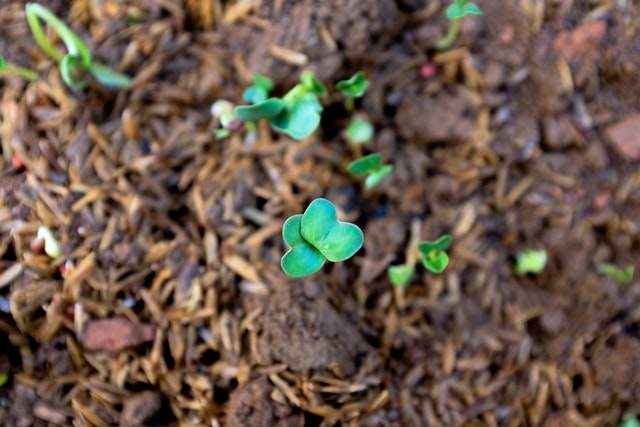The effects of climate change can already be witnessed in today’s time. Lakes are drying up, glaciers are shrinking, groundwaters are depleting, coastal areas are facing frequent floods, islands are getting submerged in the sea, animals and plants are migrating, and the soil’s PH level is changing; the list goes on. The impacts that were earlier talked about and warned about by scientists are now occurring.
In this blog, we will be discussing climate change, its impact, and how its repercussions have been experienced in the agriculture industry.
Effects of Climate Change on Agriculture
Fisheries and agriculture are majorly dependent on climate. Rapid and unpredictable increases in carbon dioxide and temperature can impact the growth of some crops. In addition, calamities like floods or droughts can pose a threat to farmers.
The natural process and cycle get severely affected. If not taken care in the right time, the world food crisis can be an emerging issue with no solution in place.
Following are some of the major ways in which the effects of climate change on agriculture are witnessed:
-
Loss of Crop Production:
Crops that are grown in their natural habitat around the globe feed the maximum population. However, with climate change, the production of crops gets massively impacted—their productivity decreases which ultimately leads to low production of food. With the ever-increasing population, it is indeed a concerning matter.
Climate change directly affects the health of plants, flower pollination becomes difficult, and microorganisms residing under the soil start depleting due to lack of moisture in the soil. All this impacts the crops and has even led to the extinction of certain species of plants.
-
Increase of Salinity of Soil:
As the temperature increases rapidly, it pulls out all the moisture from the soil. This leads to the available minerals emerging on the top layer of the ground and solidifying over time which ultimately becomes blocks and creates a drought area. This is bad for the survival of plants and crops and can lead to severe loss.
-
Unpredicted Precipitation:
While the innovation and development of technology have led to the discovery of artificial rain, not every country can avail of this option. In addition to rain, the crop also needs a suitable environment that comes naturally during the monsoon season.
With the climate change, the rain cycle has been impacted; Due to this unpredictability, farmers must deal with the water crisis, a major issue across the globe.
-
Loss of Humus:
The soil is rich with organic content that provides nutrition. Their presence makes soil soft and gives it the capability to retain more water. Due to climate change, the microorganisms deplete, which impacts the quality of the soil.
This stops the formation of humus circles leading to cracks and breaks in the soil. This makes the area unsuitable for growing crops. This way, several areas of agriculture have been affected by the change in the climate.
-
Heat Wave:
With the approach of summer, people are frequently facing heatwaves. While people stay indoors to keep themselves protected from the harshness, the plants are directly impacted. Several fruits and crops cannot be produced in such a climatic situation.
This needs to be controlled to make sure that all the crops’ plants and grains can be conserved; otherwise, it will affect the food supply chain. The future generation may have to face dire food shortages and struggle with growing food.
Read: Everything You Need To Know About Wheat Crop Cultivation
-
Shrinkage of Natural Habitat:
It is one of the biggest effects of climate change on agriculture on both land and sea. Pisciculture and production of the crop both get affected as the natural habitat starts shrinking. Flora and fauna underwater are also affected by this change. Which further causes the extinction of native species.
Shop Now:


